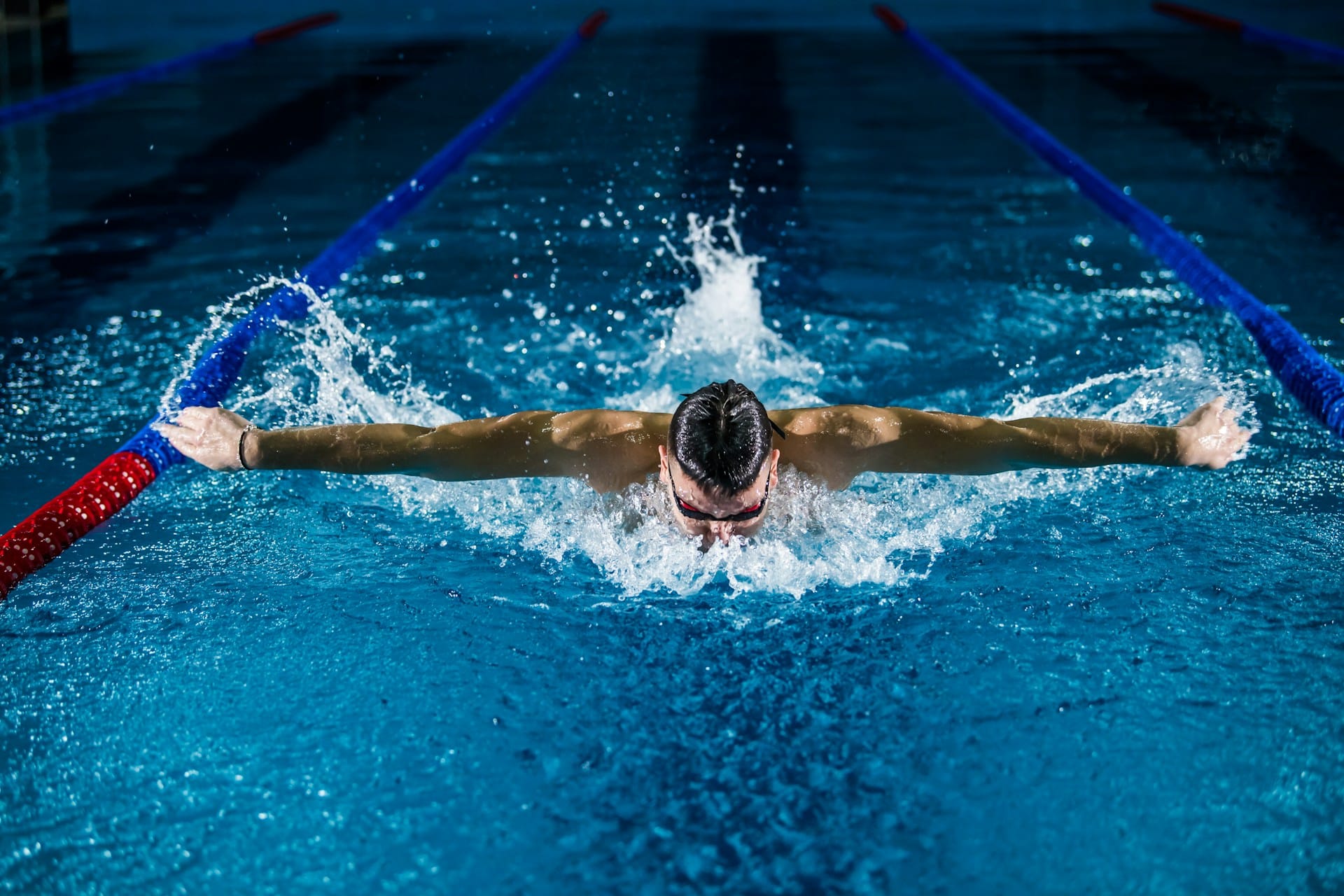What’s the Role of Sports in Enhancing Social Integration for Immigrant Populations?

In recent times, the question concerning the role sports play in fostering social integration within immigrant populations has gained traction. With continued migration, societies transform into a melting pot of diverse cultures, languages, and races. This multicultural society, while enriching, can also lead to challenges in integration and social cohesion. Various studies and scholarly journals suggest that sports could be an effective way to overcome these challenges. Through this article, we’ll explore how sports contribute to immigrant integration, fostering cultural understanding, and promoting community participation.
Harnessing the Power of Sports for Social Integration
Sports have often been touted as a universal language, transcending cultural barriers and creating common ground for people from diverse backgrounds. It is a cultural phenomenon that does not necessitate a common language. It promotes a sense of belonging, improves self-esteem, and helps individuals bond over a shared interest.
A voir aussi : How Effective Are Multidirectional Jumping Exercises for Soccer Midfielders?
For immigrants, participating in sports can contribute significantly to their integration process. It can provide them with an opportunity to interact with the local community, learn about the local culture, and form social connections. In a study conducted by Google Scholar, it was found that participation in sports increased social inclusion for immigrants, making them feel more at home in their new surroundings.
The Role of Sports in Supporting Immigrant Communities
One of the ways sports aid in social integration is by providing support to immigrant communities. It acts as a platform where people can come together, share experiences, and form supportive networks. Participating in sports can also help immigrants to cope with the stress related to immigration and enhance their overall well-being.
A découvrir également : How Can Wearable Tech Improve Officiating Accuracy in Rugby?
Sports can also foster a sense of community spirit. As immigrants engage in sports, they begin to feel a part of the local community. This leads to a sense of acceptance and belonging which can significantly contribute to their social integration. The involvement of immigrants in sports can also break down barriers and challenge stereotypes, leading to a more inclusive and multicultural society.
Participation in Sports and Cultural Inclusion
Sports not only help immigrants integrate socially but also play a significant role in promoting cultural inclusion. As immigrants participate in local sports, they learn about the local customs and traditions. This exposure to the local culture can help immigrants understand and appreciate it better, leading to cultural integration.
On the other hand, immigrants can also introduce their native sports to the local community. This exchange of sports can foster cultural understanding and appreciation, creating a multicultural sporting environment. For instance, the introduction of cricket by South Asian immigrants in England has led to cricket becoming a popular sport across the country, demonstrating the power of sports in promoting cultural inclusion.
Boosting Participation in Sports among Immigrants
While the role of sports in enhancing social integration for immigrants is well-recognized, efforts must be made to encourage immigrant participation in sports. Various barriers such as language, cultural differences, and lack of knowledge about local sports can hinder immigrant participation.
Initiatives aimed at promoting sports among immigrants can help overcome these barriers. This could include organizing sports events specifically for immigrants, providing information about local sports in multiple languages, and offering sports training and support to immigrants. Additionally, sports bodies and organizations can play a critical role in promoting immigrant participation in sports. They can collaborate with immigrant communities to understand their needs and preferences and develop programs catered to them.
Sports as a Tool for Social Inclusion: A Multicultural Study
A multicultural study published in the CrossRef Journal provides an in-depth look at how sports can be used as a tool for social inclusion. The study collected data from multiple countries, analyzing the impact of sports on the social integration of immigrants.
The results of the study reflected the power of sports in breaking down cultural barriers and fostering a sense of community. It showed how sports can help immigrants to adapt to their new environment, provide them with a sense of belonging, and create social networks. The study also highlighted the role of sports in promoting cultural understanding and appreciation, adding to the existing body of evidence supporting the role of sports in enhancing social integration for immigrants.
While this article does not provide a conclusive solution, it sheds light on the importance of sports in fostering social integration among immigrant populations. It also underscores the need for initiatives aimed at promoting the participation of immigrants in sports. This is especially evident in our multicultural societies today, where the role of sports in enhancing social integration cannot be underestimated.
The Efficacy of Sports in Promoting Social Capital Among Immigrants
Sports not only foster a sense of belonging among immigrants but also promote social capital, which is widely considered as an essential element in the integration process. Social capital refers to the potential resources embedded within social networks, fostering trust, reciprocity, and cooperation among individuals. In the context of immigrants, these networks can be leveraged to provide them with the resources and support needed to thrive in their new environment.
Engaging in sports activities facilitates interaction among immigrants and local residents, thereby encouraging the formation of social networks. These networks can provide immigrants with valuable information, support, and opportunities, fostering a sense of community and enhancing their social inclusion.
A Google Scholar study found that sport participation among immigrants was associated with increased social capital. The young immigrant population was particularly found to benefit from participating in sports, as it helped them to interact with their peers, understand the local culture, and build friendships. Furthermore, sports clubs, due to their community-oriented nature, serve as an ideal platform for fostering social capital among immigrants.
However, while sports can provide significant benefits, it is crucial to ensure that sports environments are inclusive and welcoming to immigrants. This can be achieved by embracing cultural diversity, fostering an atmosphere of respect and understanding, and ensuring that immigrants feel valued and included.
The Role of Sports in Physical Activity and Educacion Fisica for Immigrants
Physical activity is crucial to maintaining good health, and sports provide an enjoyable and engaging way to promote it. For immigrants, sports can be particularly beneficial, as they can provide an outlet for stress, bolster mental health, and promote overall well-being.
In the context of educacion fisica, or physical education, sports can play a significant role. By incorporating sports into physical education programs for immigrants, educators can foster a sense of belonging and community among students, thereby promoting their social integration.
Furthermore, sports can be a powerful tool in teaching valuable life skills. Through sports, immigrants can learn about teamwork, leadership, and discipline. These skills can be particularly beneficial for young people, setting them up for success in other areas of their lives.
However, data analysis from various studies suggests that immigrants are less likely to engage in physical activity compared to native-born individuals. This can be attributed to several barriers including language and cultural differences, lack of knowledge about local sports, and limited access to sports facilities. Therefore, it is crucial to develop targeted strategies that encourage physical activity among immigrants.
Conclusion
In conclusion, sports play a pivotal role in enhancing social integration for immigrant populations. They act as a universal language, transcending cultural and language barriers and fostering a sense of belonging and community. They promote social inclusion, support the formation of social capital, and contribute to the overall well-being of immigrants.
Moreover, sports also play a significant role in promoting cultural inclusion. Through sports, immigrants can learn about local customs and traditions, leading to a better understanding and appreciation of the local culture. On the flip side, immigrants can introduce their native sports to the local community, thereby contributing to the cultural diversity of the society.
However, to fully harness the power of sports in promoting social integration, it is essential to encourage sport participation among immigrants. This requires targeted initiatives that take into account the unique challenges faced by immigrants, as well as collaboration between sports bodies, organizations, and immigrant communities.
In our multicultural society today, the role of sports in enhancing social integration cannot be underestimated. As we continue to navigate the challenges and opportunities presented by cultural diversity, sports can serve as a powerful tool in fostering social integration and cohesion, helping to build inclusive and united societies.
